Buying a used car can save you thousands compared to driving something brand new off the lot, but it also comes with risks. Hidden issues, poor maintenance, or sketchy histories can turn what looks like a bargain into a money pit. The smartest way to protect yourself is by asking the right questions before handing over your cash. Here are twelve of the most important things to ask when shopping for a used car, expanded with extra details to help you avoid surprises.
Why Are You Selling The Car
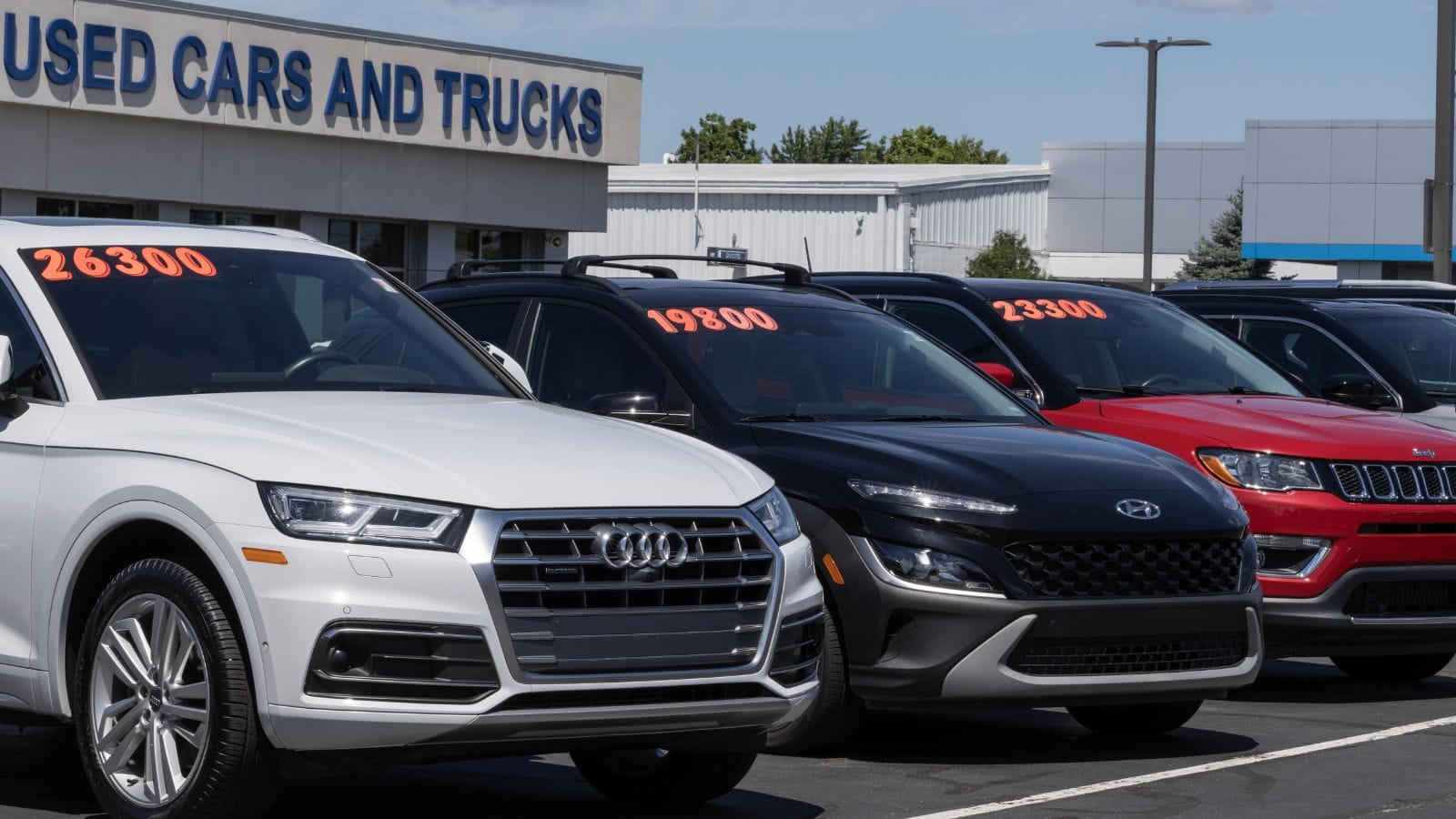
This simple question can reveal more than you think. Some owners are upfront about needing a bigger vehicle for family life, moving to a city where they no longer need a car, or upgrading to something new. Others may have grown tired of a car that keeps giving them headaches. If the answer feels vague or evasive, it might be a sign the seller is hiding something. A straightforward and honest explanation often suggests they are not trying to pass off a problem.
How Many Owners Has It Had
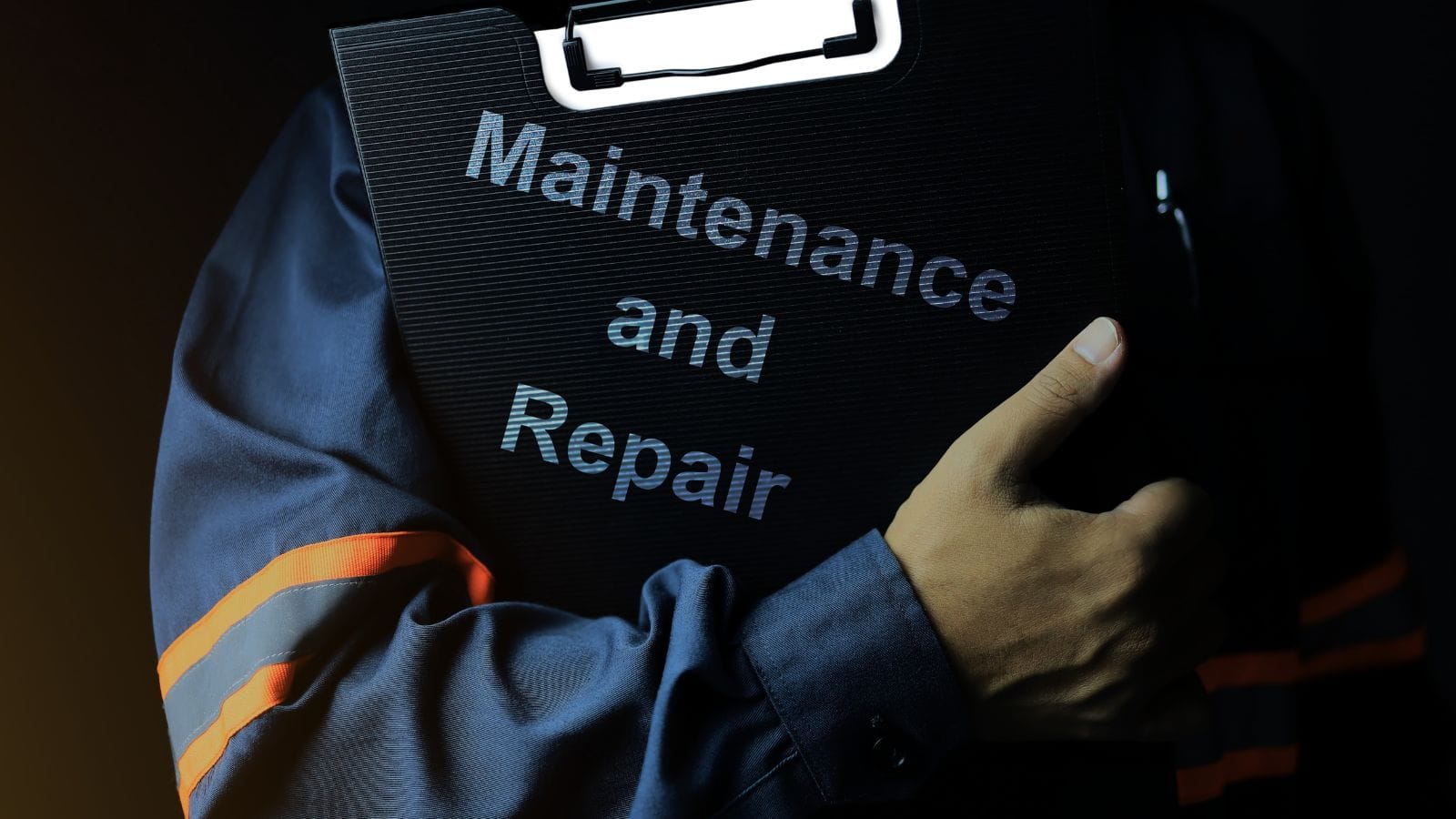
Ownership history matters more than people realize. A car that has had one long term owner usually means a more consistent maintenance routine. A car that has had several owners in just a few years may not have been cared for as carefully. Multiple owners can also make it harder to track service history. Ask for supporting documents like registration history to confirm what the seller is claiming.
Has It Ever Been In An Accident

Even if a car looks pristine on the outside, accidents can leave long lasting effects beneath the surface. Structural repairs, frame straightening, or mismatched paint panels are all things you should know about. While some accident repairs are handled properly, others are done cheaply and can compromise the safety of the car. Ask for proof of what was repaired and consider walking away if the seller cannot provide details.
Do You Have Service Records
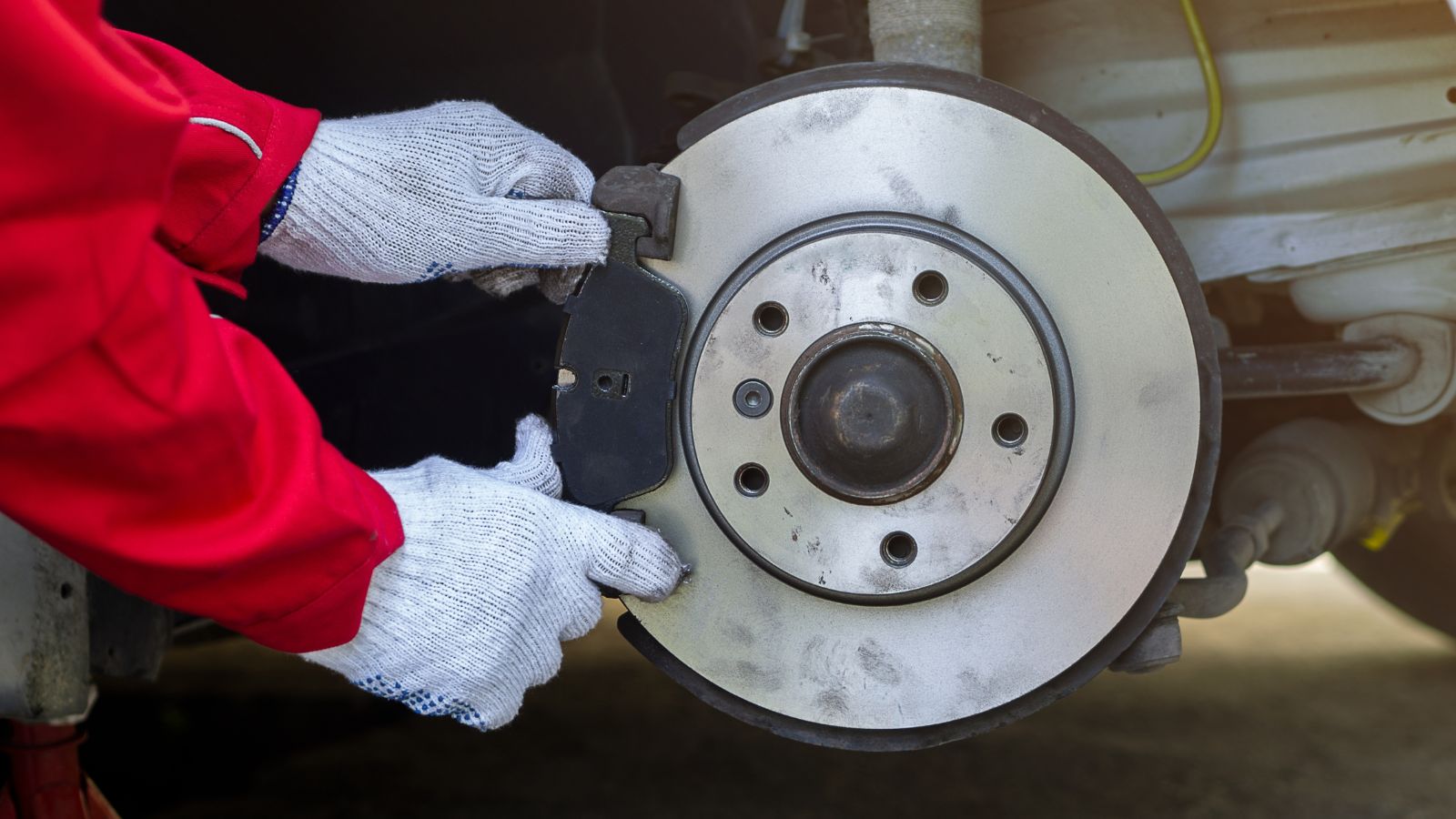
Service records are like the health chart of a car. Consistent oil changes, regular brake servicing, tire rotations, and scheduled inspections mean the car has been cared for properly. Without records, you are left guessing whether the seller took shortcuts. Organized receipts and dealer stamped logbooks are a very good sign. A seller who shrugs when asked for records should immediately raise questions in your mind.
What Is The Current Mileage

Mileage is one of the first numbers buyers look at, and for good reason. Lower mileage usually suggests less wear, but it is not the full story. A car with sixty thousand miles that was neglected can be in worse shape than one with one hundred and twenty thousand miles that was properly serviced. Ask how those miles were accumulated. Mostly highway driving is generally easier on a car than constant city traffic. Context is just as important as the number.
Are There Any Mechanical Issues Right Now
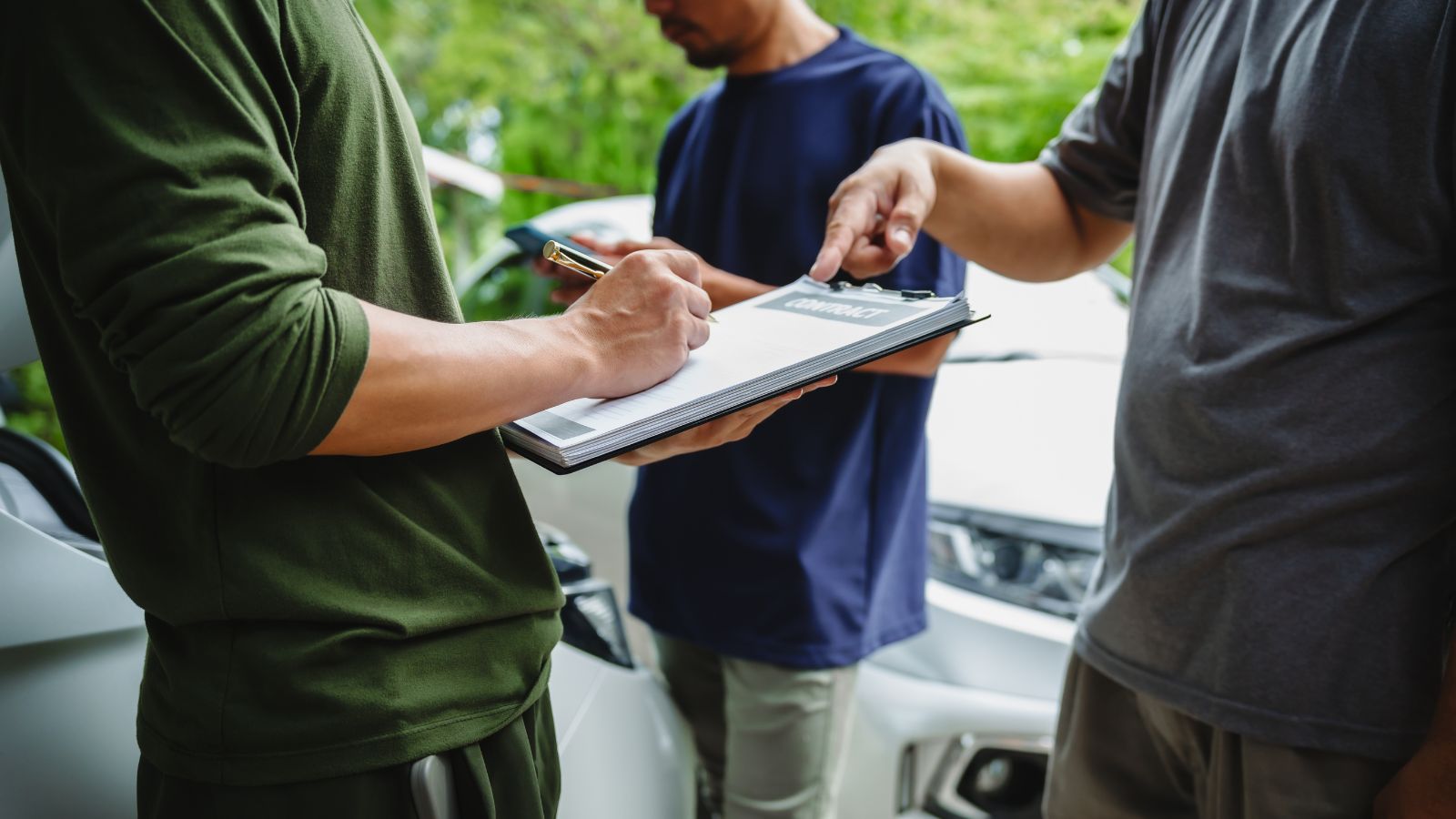
A good seller will admit if the brakes are due soon, if the tires are close to wearing out, or if a check engine light has appeared. Dishonest sellers may try to hide issues, but that is why asking directly matters. Listen closely to how they answer. A confident seller with nothing to hide will explain what has been done recently and what might need doing soon. If the answer is “none at all” and you notice even small warning signs, treat it as a red flag.
How Does The Car Drive

A test drive is your best chance to feel how the car behaves. Ask the seller about quirks you should know about, then see if they match what you feel on the road. Pay attention to noises, steering response, braking smoothness, and transmission shifts. Ask questions like “does it always idle like this” or “has the alignment ever been done.” Sometimes the little details reveal a lot about how a car has been treated.
Can I Get A Pre Purchase Inspection

If the seller hesitates or refuses, that tells you everything you need to know. A pre purchase inspection by a trusted mechanic is one of the best ways to protect yourself. It can uncover hidden frame damage, worn suspension parts, or leaks you cannot spot easily. Spending a small amount for this inspection can save you from buying a car that costs thousands in repairs within months.
Is There A Clear Title
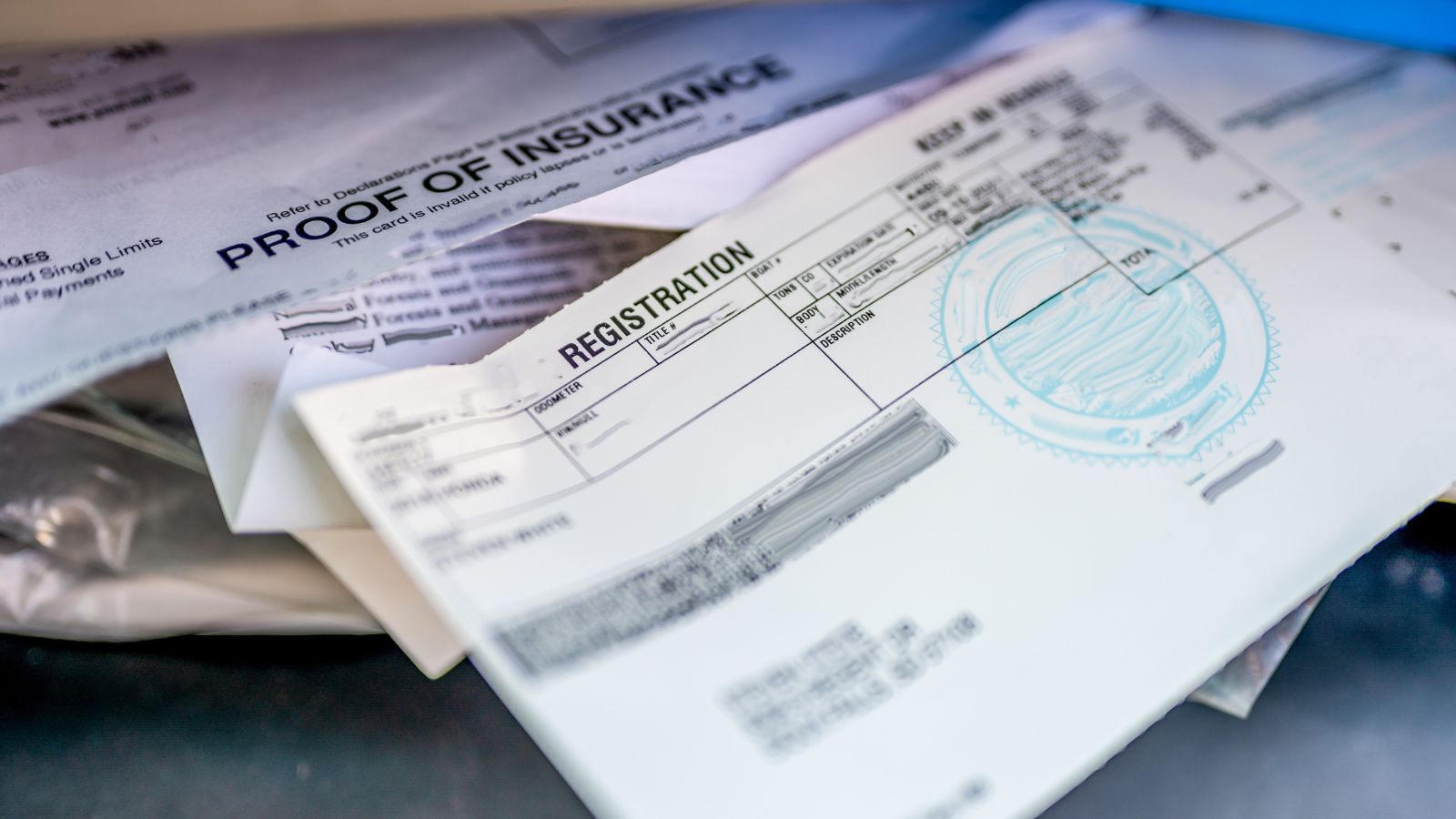
A clean title means the car has not been totaled, rebuilt, or written off by an insurance company. Salvage or rebuilt titles can sometimes be bargains, but they usually come with risks in safety, resale value, and insurance costs. Always make sure the title matches the seller’s name and the vehicle identification number on the car. If anything does not match perfectly, walk away.
What Kind Of Warranty Or Return Policy Is There

Dealerships often offer short warranties, even on used cars. It may only be thirty to ninety days, but that small safety net can be reassuring. Some dealers even offer return or exchange programs within a certain number of days. Private sales almost never include this protection, so factor that in when weighing the risk. If the seller is confident in their car, they should not be worried about giving you some peace of mind.
How Efficient Is It On Fuel And Maintenance
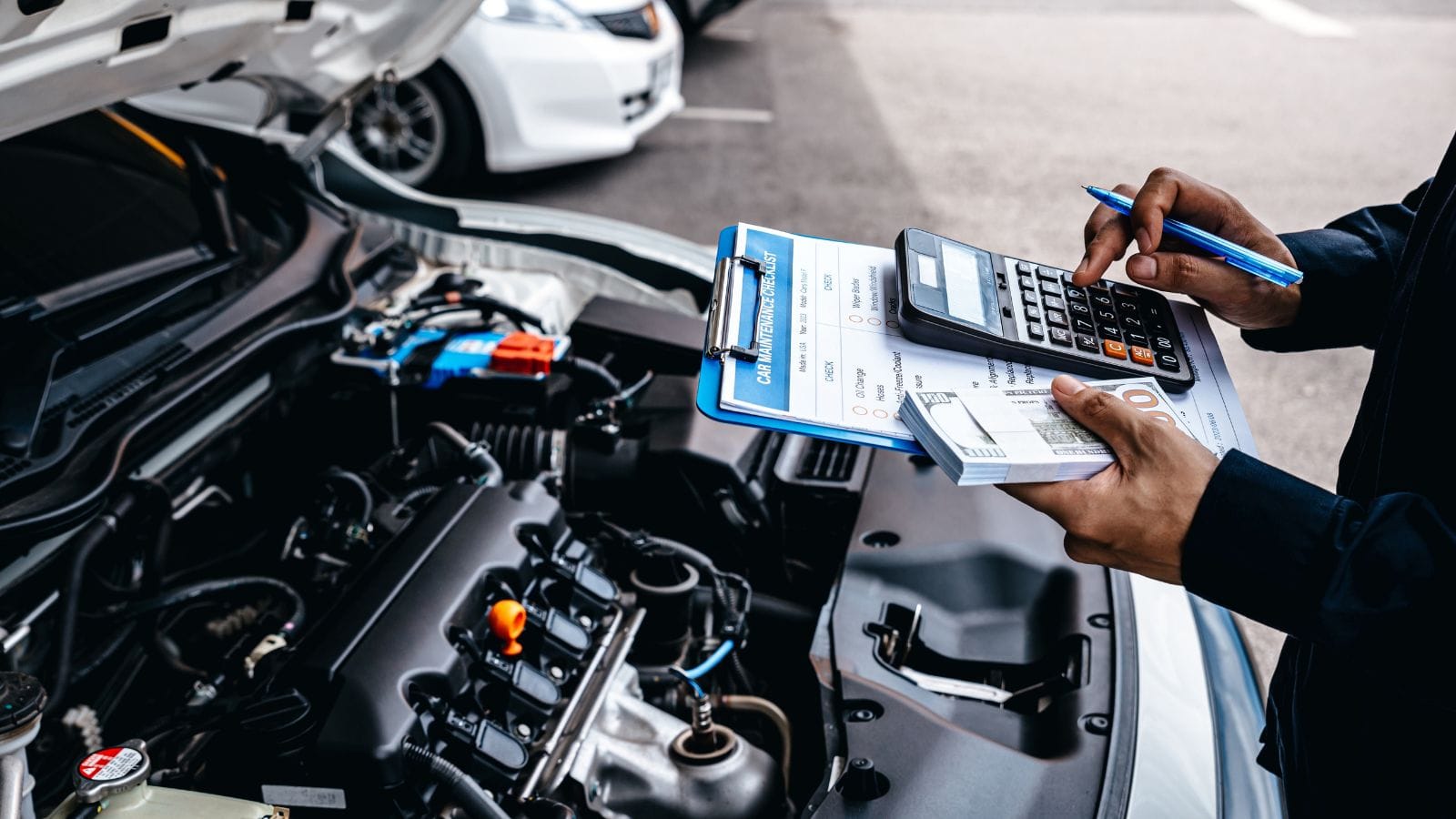
Buying a car is just the start. Owning it means paying for gas, oil, insurance, tires, and routine upkeep. Ask about fuel economy and typical maintenance costs. Some models are notorious for expensive repairs even if the upfront price is low. Research what owners say about parts availability and service costs. The cheapest car on the lot can quickly become the most expensive to live with if it drinks fuel and eats through brakes and tires.
Can You Show Me A Vehicle History Report
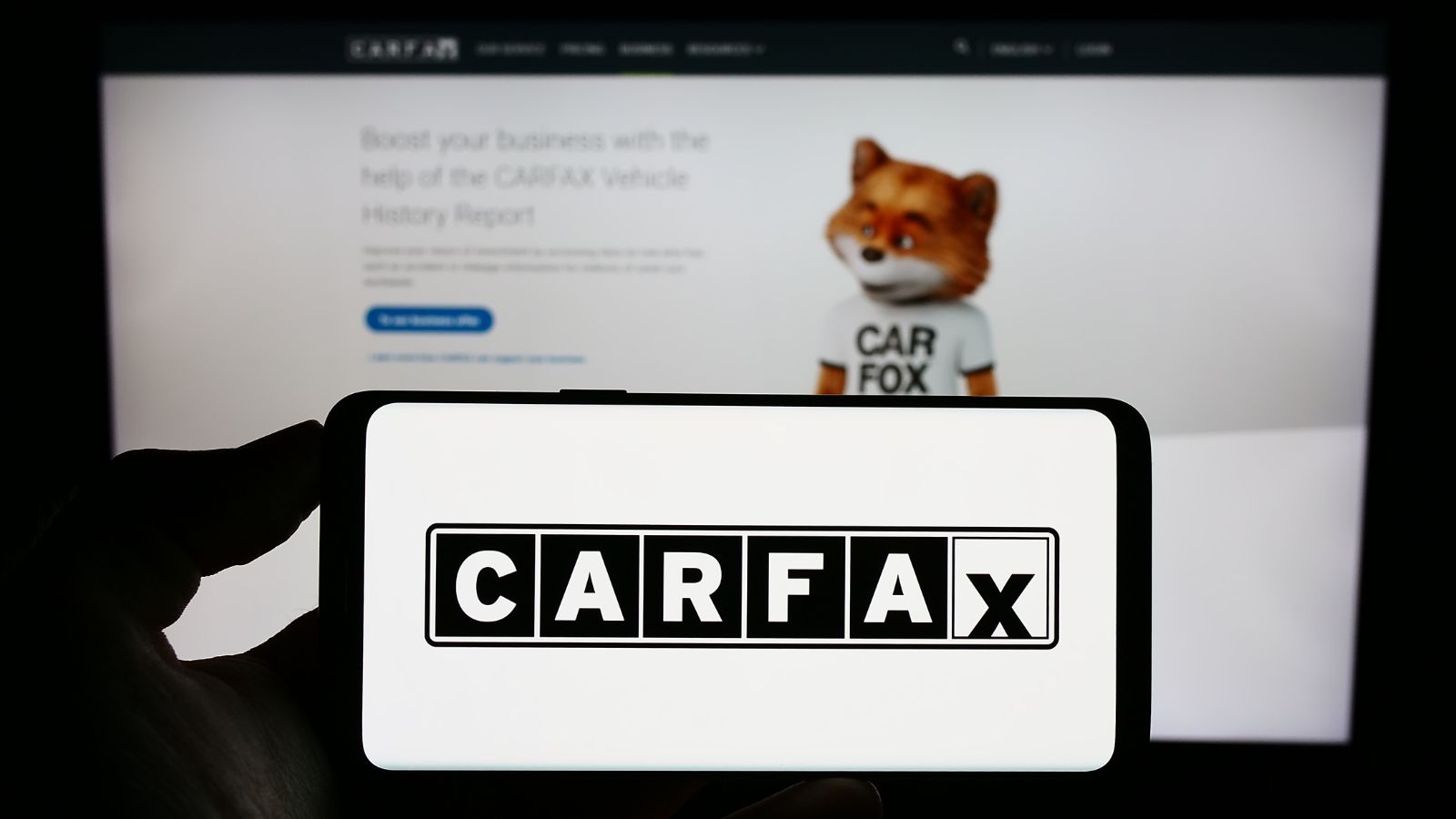
Services like Carfax or AutoCheck provide a clearer picture of a car’s past. They can show if it has been in serious accidents, if the odometer has been tampered with, or if it came from a flood or hail damaged area. Always ask the seller to provide one, or get one yourself. If they resist or dismiss the idea, that is often a major warning sign. Having that history in your hand gives you confidence to move forward or walk away.
Making The Smartest Purchase Decision
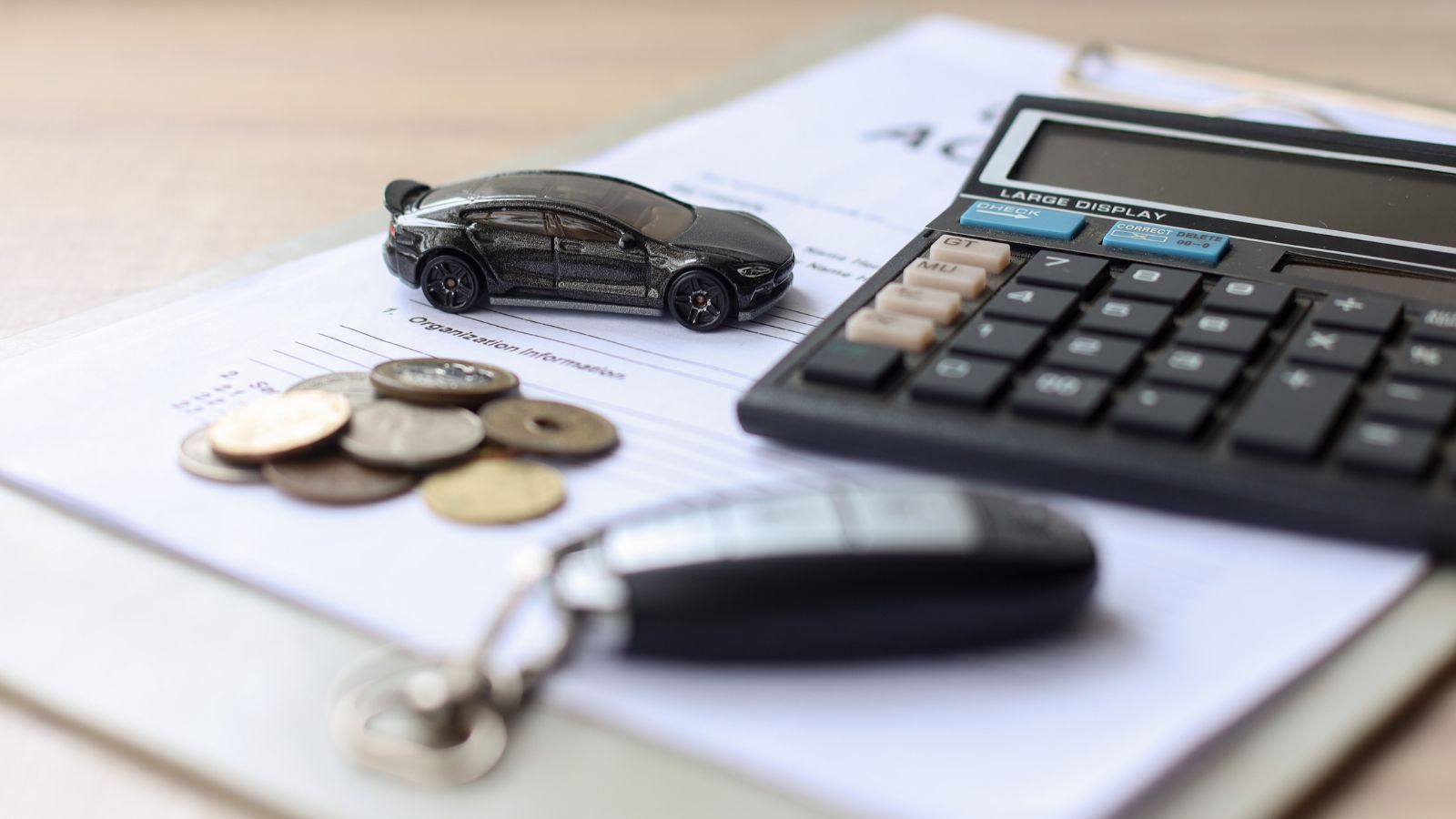
The key to buying a used car is not rushing. Asking these questions is about more than haggling for a better price. It is about protecting yourself from future headaches and making sure you know what you are getting into. A car is a major investment, even if it is not brand new. The more information you gather up front, the fewer surprises you will face later. Confidence comes from knowing the right questions to ask and being willing to walk away if the answers do not add up.
25 Facts About Car Loans That Most Drivers Don’t Realize

Car loans are one of the most common ways people fund car purchases. Like any other kind of loan, car loans can have certain features that can be regarded as an advantage or a disadvantage to the borrower. Understanding all essential facts about car loans and how they work to ensure that you get the best deal for your financial situation is essential. Here are 25 shocking facts about car loans that most drivers don’t realize:
25 Facts About Car Loans That Most Drivers Don’t Realize
